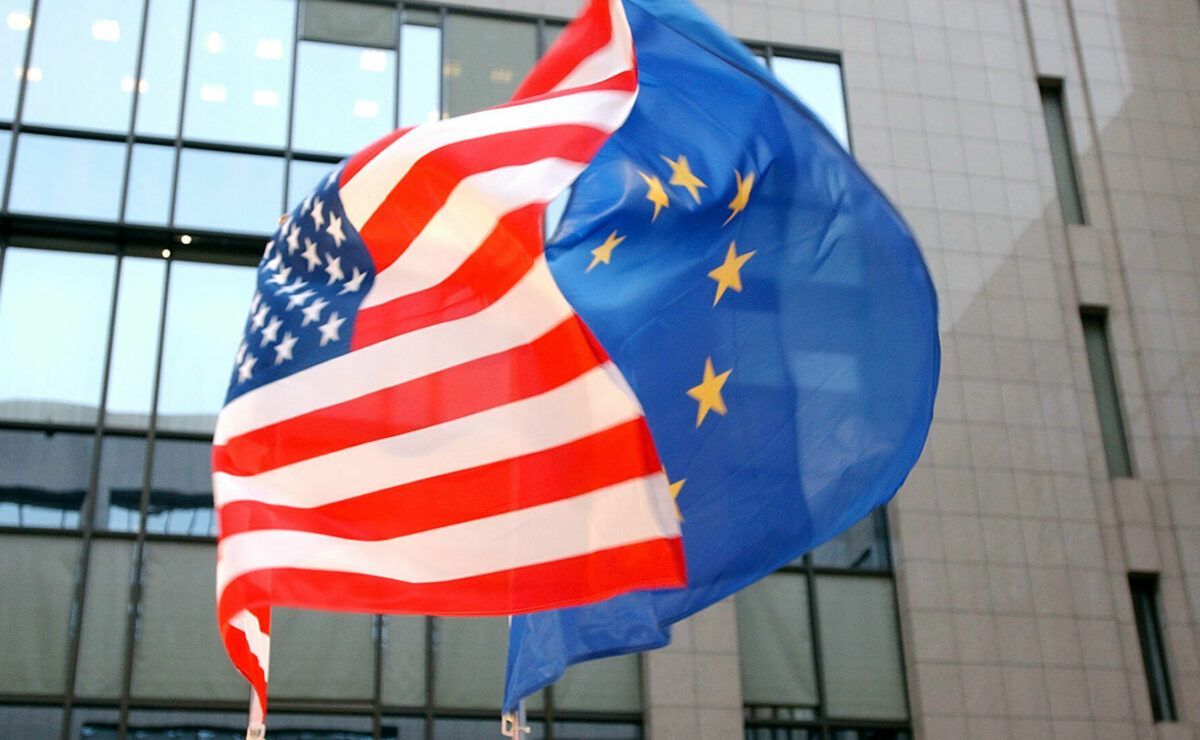The U.S. and the EU discuss options to reduce Russia’s oil revenues
The US and EU authorities are discussing possible measures to limit oil imports to the EU from Russia and reduce the revenues that Moscow receives from the sale of oil and gas.
Options under discussion include a complete ban on supplies, setting a price threshold and using a settlement mechanism that would keep Russian revenues down.
The goal of the talks is to figure out what “maximum blow” can be struck against Russian President Vladimir Putin.
One of the U.S. concerns is that a ban on oil imports to the EU could lead to a sharp increase in the price of raw materials and bring the Kremlin even more revenue.
The EU may put forward proposals for discussion to EU countries as early as next week. It will be easier for EU countries to reach a consensus on limiting oil imports than on the embargo on diesel fuel and other products.
On April 22, German Chancellor Olaf Scholz said that a sharp embargo on Russian gas would only lead to a serious economic crisis in Germany and the rest of Europe. He added that the entire European economy could suffer as a result of the embargo.
Most EU countries take measures to reduce imports of Russian energy carriers. Only Hungary refuses to do so unequivocally. Earlier, the embargo was imposed by the United States and Britain, which consumed significantly less Russian oil than the EU.
